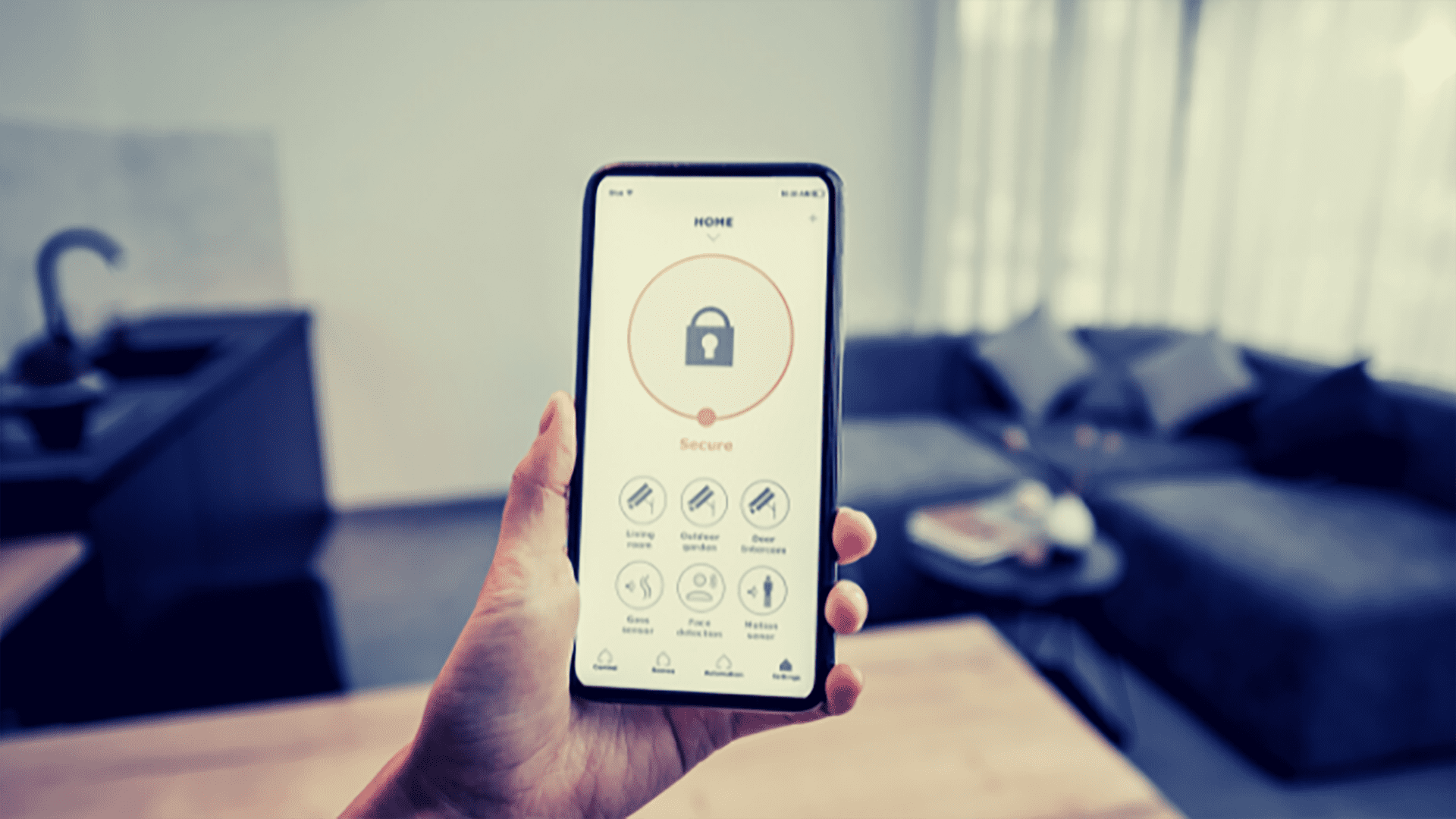
Mobile apps have become an essential part of every business’s online presence, and every business relies on mobile apps to connect with its audience worldwide. Mobile app security is a process to protect mobile apps from external threats, including digital frauds and other malware that risk critical financial and personal information from cybercriminals. Therefore, we have listed down the best ways to protect mobile apps.
1. Penetration Testing
Penetration testing, also known as white-hat or ethical testing, is a deliberate cracking of mobile applications to detect high-risk vulnerabilities. This will help you determine how your mobile apps can be hacked and to which extent things can go wrong.
2. Enhance Data Security
When the data stored by any application is not secure, hackers can quickly gain access to that data and use that for fraudulent activities. To improve the data security, block masking, screenshotting, and copying on the webpages where sensitive information is displayed or entered. In addition, encrypt the data stored on a device to further add protection and always enable file data protection.
3. Secure The Servers
Mobile apps also connect to the servers to download content and user data associated with various accounts, so it’s essential to protect the servers as well. From protecting the link between app and server through SSL to encrypting data to installing threat detection systems, there are numerous ways to defend the servers against security breaches.
4. Be Extra Cautious With Third-Party Libraries
You have full control over the app coding, but what if you use third-party libraries with some vulnerability? You can’t do anything if the data has been leaked by using third-party libraries. Some libraries lack a data security safeguard, so it’s crucial that the app shouldn’t share any confidential information with third-party libraries. Moreover, use the most up-to-date libraries that comply with GDPR and other data security standards.
5. Optimize Data Caching
Mobile devices store cached data to enhance application performance which is the reason for significant security issues because those devices and applications become more vulnerable, and cyber criminals easily decrypt the cached data. Therefore, always add a password to access any application that contains extremely sensitive information. Moreover, keep an automatic process in place that deletes the cached data whenever your device gets restarted to mitigate security concerns.
6. Defend Against Device Theft
Millions of smartphones get stolen or lost every year. To ensure confidential information does not end up in criminal hands, make sure to use a way to remotely delete sensitive data and try not to store such data in smartphones in the first place.
Furthermore, scan mobile apps to eliminate adware and malware by signature-based scanning and virtual sandboxing tools.
Final Words
Following this ultimate guide to mobile app security, you can ensure mobile app security while making it complicated for cybercriminals to crack in and steal your data. And even if you experience a security breach, the damage will be minimal. Therefore, it’s your responsibility to follow these steps to make the mobile app firmly secure!
This article was first published on MEDIUM on September 7th, 2021.




